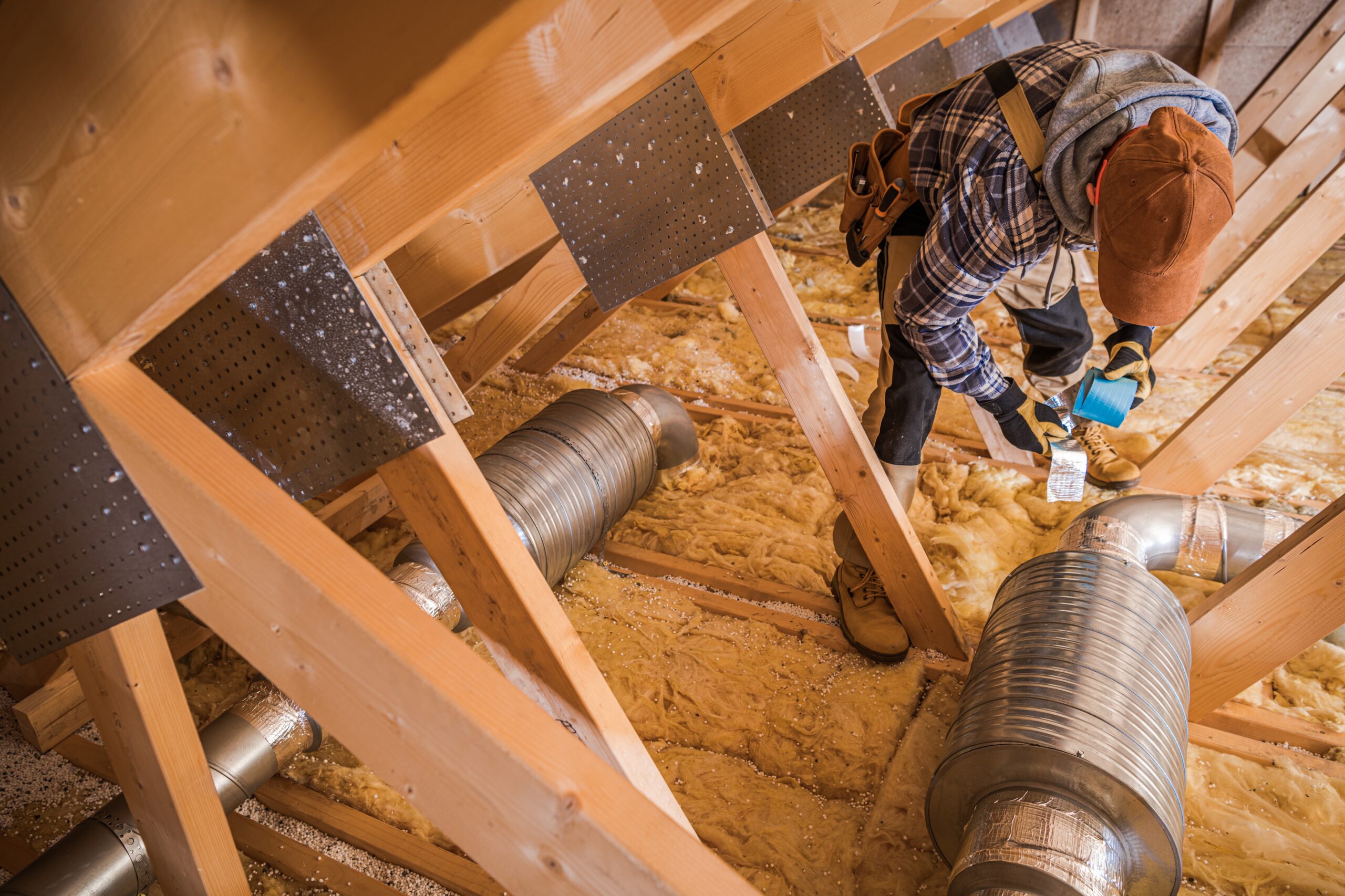
Ensuring your rental property meets insulation standards is crucial for providing a comfortable living environment and complying with legal requirements. Proper insulation enhances energy efficiency, reduces utility costs, and contributes to tenant satisfaction. Here’s what landlords need to know about insulation in rental properties.
Understanding Insulation Requirements
As of July 1, 2019, all rental properties in New Zealand must have ceiling and underfloor insulation where it is reasonably practicable to install. These requirements are part of the Healthy Homes Standards, which set specific and minimum standards for heating, insulation, ventilation, moisture ingress and drainage, and draught stopping in rental properties.
Insulation Standards and R-Values
Insulation is measured by its R-value, indicating its resistance to heat flow—the higher the R-value, the better the insulation. The required R-values vary by region:
- Ceiling Insulation:
- Zones 1 and 2 (most of the North Island): Minimum R 2.9
- Zone 3 (central plateau and South Island): Minimum R 3.3
- Underfloor Insulation:
- All zones: Minimum R 1.3
These standards ensure that properties maintain adequate thermal resistance appropriate for their specific climate zones.
Assessing Your Property’s Insulation
To determine if your property complies with the insulation standards:
- Inspect Existing Insulation:
- Condition: Ensure insulation is in reasonable condition—free from dampness, damage, or gaps.
- Thickness: For ceiling insulation, it should be at least 120mm thick.
- Access Considerations:
- Some properties may have areas where installing insulation is not reasonably practicable due to design or limited access. In such cases, exemptions may apply.
Compliance Deadlines
All private rental properties must comply with the Healthy Homes Standards within 90 days of any new or renewed tenancy after July 1, 2021, with all private rentals complying by July 1, 2024.
Documentation Requirements
Landlords are required to include an insulation statement in all new tenancy agreements, detailing the property’s insulation status. This statement must specify the location, type, and condition of the insulation.
Benefits of Compliance
Complying with insulation standards offers several advantages:
- Energy Efficiency: Proper insulation reduces heat loss, lowering energy consumption and utility bills.
- Tenant Comfort: A well-insulated home maintains consistent temperatures, enhancing tenant satisfaction.
- Property Value: Upgraded insulation can increase the property’s value and appeal to potential tenants.
Penalties for Non-Compliance
Failing to meet insulation requirements can result in penalties. Landlords may face fines of up to $7,200 for non-compliance.
Seeking Professional Assistance
Navigating insulation requirements can be complex. Engaging professionals for assessment and installation ensures compliance and quality workmanship. At Panda Solutions, we offer comprehensive services to help landlords meet Healthy Homes Standards, including insulation assessments and installations tailored to your property’s needs.
Meeting insulation standards is a legal obligation and a step toward providing a healthier, more comfortable living environment for tenants. Regularly assess and maintain your property’s insulation to ensure compliance and maximize the benefits of energy efficiency and tenant satisfaction.
